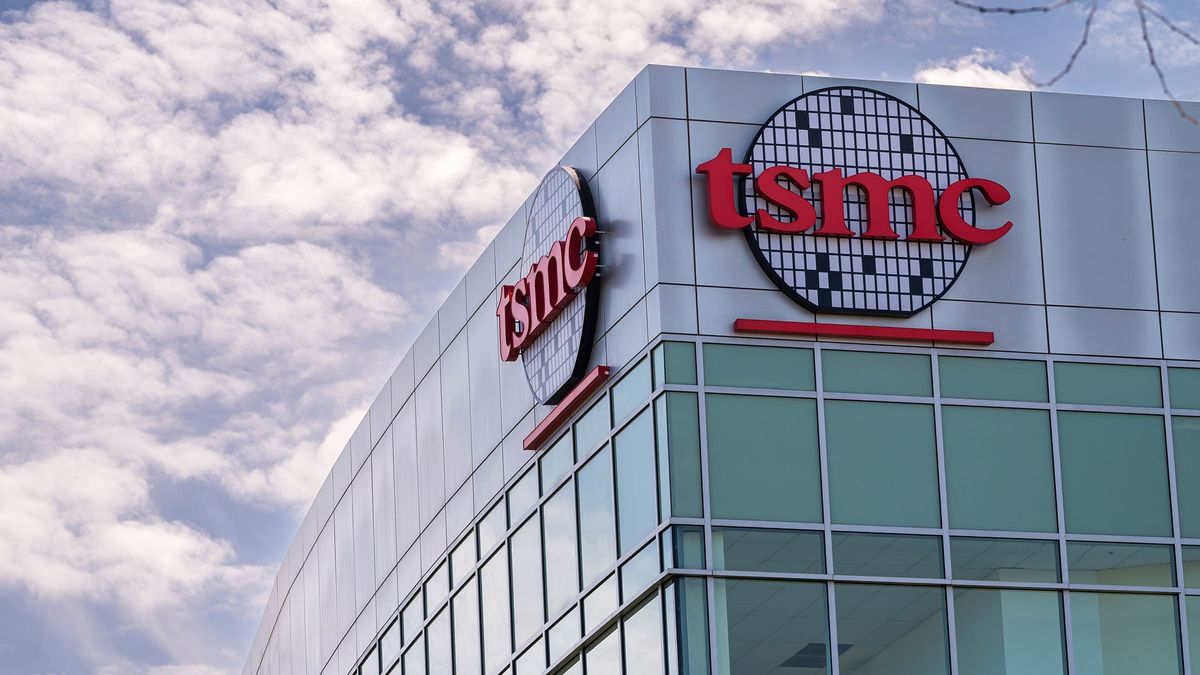After TSMC began building Fab 21 near Phoenix, Arizona, the company said it needed to dispatch more than 1,000 skilled workers from Taiwan so it could complete the project on time and within budget. This made Arizona unions furious, as they argued it essentially took positions from locals, and the situation even spurred a separate lawsuit for racial discrimination. Today, about 50% of the staff at the fab still originate from Taiwan, but this will change over time as TSMC builds out additional phases of its factory, reports the New York Times.
About half of the 2,200 employees at TSMC's Fab 21 in Arizona come from Taiwan. When announcing the project in 2020, TSMC assured the public it would create jobs for locals, so bringing over 1,000 employees from Taiwan contradicts the foundry's promise to hire talent from Arizona, which naturally angered unions.
TSMC reportedly also had working policies that contradict those in the U.S. Over time, it turned out that TSMC called for employees to work for extended hours, which is not common in the U.S. Over time, TSMC has also been accused of preferring Taiwanese employees for promotion in a lawsuit.
However, TSMC expects the percentage of American workers to grow as it builds additional phases of its Fab 21 over the next five years. This will likely happen as TSMC's existing employees learn more about the company's operations and get promoted while others are hired. The three-phase project is projected to create around 6,000 well-paid jobs.
What remains to be seen is who will equip these subsequent phases of Fab 21: existing site employees or new employees from Taiwan. TSMC's Fab 21 phase 2 will focus on producing chips using its N3 (3nm-class) process technologies. In contrast, Fab 21 phase 3 will add N2 (2nm-class) and A16 (1.6nm-class) technologies and their versions with backside power delivery and performance and transistor density enhancements to the site.
However, N3, N2, and A16 use slightly different tools than the N4 and N5 production nodes used at Fab 21 phase 1. As a result, TSMC may be inclined to bring more workers from Taiwan to install these tools and help with the fab ramp, as they will have unique experience that people in the U.S. will not have.

 www.tomshardware.com
www.tomshardware.com
About half of the 2,200 employees at TSMC's Fab 21 in Arizona come from Taiwan. When announcing the project in 2020, TSMC assured the public it would create jobs for locals, so bringing over 1,000 employees from Taiwan contradicts the foundry's promise to hire talent from Arizona, which naturally angered unions.
TSMC reportedly also had working policies that contradict those in the U.S. Over time, it turned out that TSMC called for employees to work for extended hours, which is not common in the U.S. Over time, TSMC has also been accused of preferring Taiwanese employees for promotion in a lawsuit.
However, TSMC expects the percentage of American workers to grow as it builds additional phases of its Fab 21 over the next five years. This will likely happen as TSMC's existing employees learn more about the company's operations and get promoted while others are hired. The three-phase project is projected to create around 6,000 well-paid jobs.
What remains to be seen is who will equip these subsequent phases of Fab 21: existing site employees or new employees from Taiwan. TSMC's Fab 21 phase 2 will focus on producing chips using its N3 (3nm-class) process technologies. In contrast, Fab 21 phase 3 will add N2 (2nm-class) and A16 (1.6nm-class) technologies and their versions with backside power delivery and performance and transistor density enhancements to the site.
However, N3, N2, and A16 use slightly different tools than the N4 and N5 production nodes used at Fab 21 phase 1. As a result, TSMC may be inclined to bring more workers from Taiwan to install these tools and help with the fab ramp, as they will have unique experience that people in the U.S. will not have.

Half of TSMC's Arizona staff are Taiwanese, despite recent controversies
TSMC plans to add more American workers at the Fab 21 site in Arizona.



